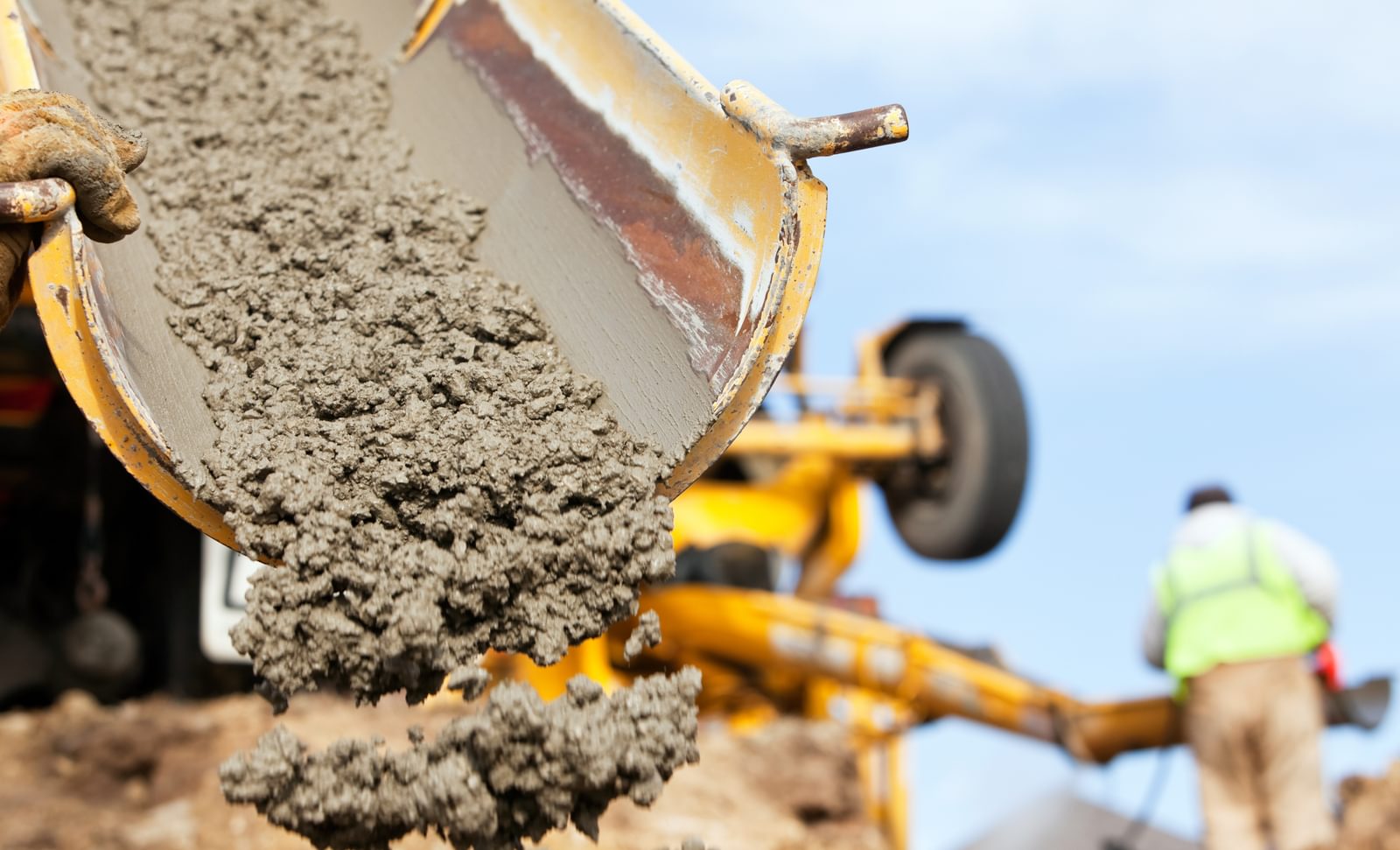
Cement
We have developed science-based target-setting methodologies, tools and guidance for cement companies and users of cement to set greenhouse gas emissions reduction targets in line with 1.5°C.
New guidance for the cement sector
The Cement Science-Based Target-Setting Guidance is the world’s first framework for companies in the cement sector including users of cement such as construction businesses, to set near- and long-term science-based targets in line with 1.5°C.
It provides guidance for companies in the unique context of the sector, including:
How to set emissions reduction targets.
Greenhouse gas accounting criteria and recommendations.
Examples of how different company types can use the tools and guidance to submit targets for validation.
In addition to the Cement Guidance, all businesses can use the SBTi Criteria Assessment Indicators (CAI) to understand the relevant criteria by sector or target type. The CAI consolidates all criteria across SBTi resources, providing businesses with verifiable control points to use when developing science-based targets. It also provides clear and concise descriptions of the minimum documentation required to demonstrate alignment with each criteria point.
Why take action?
The cement sector is the third-largest industrial energy consumer and the second-largest industrial CO2 emitter. It represents about 7% of CO2 emissions globally.
Cement demand is projected to increase by up to 20% by 2050 from 2022, making it even more critical to reduce the emissions associated with the production of cement and similar products.
The sector must cut emissions by 4% per year between 2020 and 2030, to get on track with the IEA Net Zero by 2050 Scenario.
Applying best practice in the cement industry
In 2015, the SBTi developed the Sectoral Decarbonization Approach (SDA), a scientifically-informed method for companies to set greenhouse gas reduction targets necessary to stay within a 2°C temperature rise above pre-industrial levels. This led to the development of a 2ºC and a well-below 2ºC pathway.
The new 1.5°C-aligned methodologies, tools and guidance developed as part of the SBTi Cement Project build on the previous SDA methodology, and provide the sector with the tools needed to lead the transformation to a net-zero economy. This includes:
Integration of new pathways into the Corporate Near-Term Tool to help cement companies model greenhouse gas emissions reduction targets consistent with the ambition required to limit warming to 1.5ºC.
Guidance for setting 1.5ºC-aligned science-based greenhouse gas emissions reduction targets for the production of cement.
Incorporation of 1.5ºC-aligned sector-specific benchmarks into the SBTi’s Procedure for Validation of Targets to enable third-party validation of 1.5ºC-aligned targets for cement production.
By setting emissions reduction targets in line with the SBTi Cement Guidance and defining appropriate decarbonization strategies, companies in the sector can be at the forefront of the net-zero transformation and prevent the worst effects of climate change.
Project participants
The SBTi is the project lead. Participation in this project was undertaken via the following groups:
Expert Advisory Group (EAG): Composed of technical experts from corporates and non-profit organizations. EAG members provided technical advice over the duration of the project. This volunteer advisory role informed the development of practical and ambitious resources. The SBTi Cement EAG consisted of individuals from the following organizations:
Votorantim Cimentos
Global Cement & Concrete Association (GCCA)
Cemex
Holcim Ltd.
VDZ/ECRA
CRH
HeidelbergCement
Bellona
WWF
Siam Cement Public Company Limited (SCG)
Cementos Argos
European Climate Foundation
Institute for European Environmental Policy (IEEP)
Potsdam Institute for Climate Impact Research
UltraTech Cement Limited
Grupo Cementos Chihuahua
Dangote Cement Plc
RMI
EAG members volunteered in a personal capacity to provide technical advice over the duration of the project. While their expertise helped guide the development process, final content decisions rested solely with the SBTi. As a result, the final output does not necessarily represent or imply endorsement by individual EAG members or their employers.
General stakeholder consultation: Both industry and non-industry representatives provided feedback on each project component through the public consultation phase.
Funding for this project was provided by Holcim Ltd.
Development process and timeline
The development of this project took place over 12 months between 2021-2022. This included a one month-long public consultation for the Cement Science-Based Target-Setting Guidance and Tool to inform the development of robust, clear, and practical criteria and guidance to support cement companies in their decarbonization journey.
Following the consultation phase, an extensive review of the feedback received was conducted, and the updated deliverables were issued in September 2022.
Project timeline:
Resources
Background Resources
- Read the summary of the SBTi Cement Guidance public consultation feedback
- Download the public consultation webinar slide deck
- Watch the public consultation webinar recording
- Expert Advisory Group Terms of Reference
Contact
Join the cement project mailing list to receive our newsletters and stay up-to-date on this project.
For general questions or clarifications contact: info@sciencebasedtargets.org.
Latest News
View News


